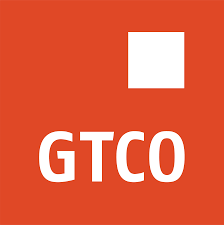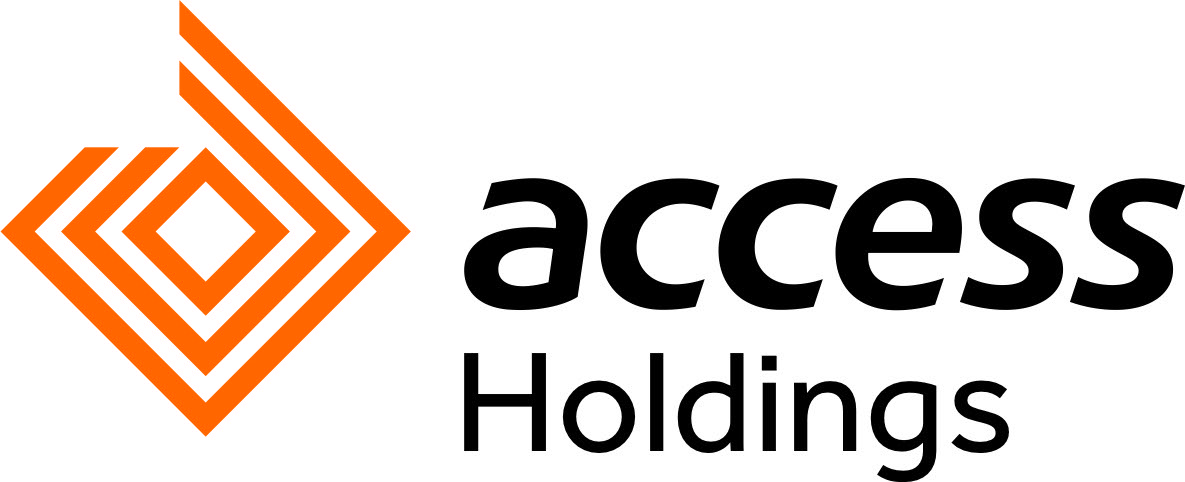December 2, 2021/Fitch Ratings
Fitch Ratings has assigned Nigeria-based Guaranty Trust Holding Company Plc (GTCO) a Long-Term Issuer Default Rating (IDR) of ‘B’ with a Stable Outlook and a Viability Rating (VR) of ‘b’. A full list of ratings is below.
KEY RATING DRIVERS
IDRs and VR
Established in 2021, GTCO is the bank holding company (holdco) for Guaranty Trust Bank Limited (GTB, B/Stable). GTCO ‘s IDRs are driven by its intrinsic creditworthiness, as defined by its ‘b’ VR.
GTCO’s VR is assigned at the same level as the group VR as Fitch believes the holdco’s failure risk is substantially the same as that of the group as a whole. We take into consideration no double leverage and prudent capital and liquidity management by the holdco as well as limited regulatory restrictions on GTB paying dividends or upstreaming liquidity to the holdco and that both GTB and GTCO are incorporated in the same jurisdiction.
GTCO’s VR considers its sensitivity (particularly asset quality metrics) to Nigeria’s (B/Stable) volatile operating environment, as well as the group’s resilient business profile, consistently strong profitability, solid capitalisation and stable funding profile.
The business profile is underpinned by GTB’s strong banking franchise, well-established business model and management quality. Established in 2021, GTCO is a listed holdco with GTB/banking subsidiaries accounting for 99.5% of group assets (the balance comes from a payments arm, Habari Pay). Management intends to acquire an asset management and a pension fund administration company, to be owned by the holdco, helping the group diversify revenue streams away from banking in Nigeria and increase cross-selling opportunities.
Capitalisation is a relative strength with GTCO’s Fitch Core Capital (FCC; 27% at end-9M21), total capital adequacy ratio (26%) and tangible leverage ratio (16%) comparing favourably with its peers. We believe GTCO’s capital buffers are sufficient for both its business growth and potential acquisitions as well as meeting phased-in Basel III requirements. Capitalisation is supported by high pre-impairment profit (12% of average gross loans in 9M21 on an annualised basis).
At the same time, Fitch considers these levels of capital as a prudent safety cushion against currency moves, due to GTB’s dollarised balance sheet (end-1H21 foreign-currency (FC) loans: 53%), single borrower concentration and high Stage 2 loans.
GTCO’s profitability for 9M21 is at the higher end among peers, despite weakening in 9M21 due to lower yields on securities (end-9M21: 21% of total assets), and competition for corporate customers. The net interest margin reduced to 6.9% in 9M21 from 9.0% 2020. Profitability is underpinned by consistently low loan impairment charges and very good cost control, as reflected by 43.9% cost-income ratio in 9M21.
The loan book forms a small proportion of total assets (34% at end-9M21) but is concentrated by borrower and sector. The impaired (stage 3 under IFRS 9) loan ratio fell to 5.8% at end-9M21 from 6.4% at end-2020, partly due to recoveries and write-offs. We expect only modest asset-quality deterioration over the next 18 months, notwithstanding large Stage 2 loans (15.1% of gross loans). Restructured loans were 18% of gross loans at end-1H21 and concentrated on two names, both classified as Stage 2 loans.
The group is predominantly deposit-funded reflecting franchise strengths. Its funding mix continues to benefit from a large base of low-cost current and savings accounts, which formed 85% of total deposits at end-9M21. Naira liquidity is ample, supported by large cash placements at the Central Bank of Nigeria and an investment book in predominantly Nigerian government securities. Its loans/deposits ratio was a low 49% at end-9M21. FC liquidity is adequate despite the scarcity of hard currency in the Nigerian economy.
GTCO’s assigned VR of ‘b’ is one notch below the ‘b+’ implied rating, due to the Operating Environment/Sovereign Rating Constraint.
NATIONAL RATINGS
GTCO’s National Ratings reflect its creditworthiness relative to that of other issuers in Nigeria and are driven by its standalone strength. The ratings are at the higher end of the scale reflecting GTCO’s strong business and financial profiles.
GSR
We have assigned a GSR of ‘No Support’ reflecting our view that support for GTCO is unlikely given its low systemic importance and that (as a holdco), its liabilities would be more politically acceptable to be bailed in.
RATING SENSITIVITIES
Factors that could, individually or collectively, lead to negative rating action/downgrade:
– A sovereign downgrade would result in a downgrade of the Long-Term IDR, given that GTCO does not meet Fitch’s criteria to be rated above the sovereign.
– An increase in the impaired loans ratio significantly above 10% and aggressive loan growth that results in very thin buffers over regulatory capital requirements or a sharp decline in the FCC ratio.
– Holdco double leverage being sustainably above 120%, and/or less prudent liquidity management at the holdco and/or regulatory restrictions on GTB or other subsidiaries upstreaming dividends or other cashflows to the holdco.
Factors that could, individually or collectively, lead to positive rating action/upgrade:
– A sovereign upgrade
BEST/WORST CASE RATING SCENARIO
International scale credit ratings of Financial Institutions and Covered Bond issuers have a best-case rating upgrade scenario (defined as the 99th percentile of rating transitions, measured in a positive direction) of three notches over a three-year rating horizon; and a worst-case rating downgrade scenario (defined as the 99th percentile of rating transitions, measured in a negative direction) of four notches over three years. The complete span of best- and worst-case scenario credit ratings for all rating categories ranges from ‘AAA’ to ‘D’. Best- and worst-case scenario credit ratings are based on historical performance. For more information about the methodology used to determine sector-specific best- and worst-case scenario credit ratings, visit https://www.fitchratings.com/site/re/10111579
SUMMARY OF FINANCIAL ADJUSTMENTS
The Capitalisation and Leverage Score of ‘b+’ has been assigned below the ‘bb’ category implied score due to the following adjustment reason: Risk profile and business model (negative).
REFERENCES FOR SUBSTANTIALLY MATERIAL SOURCE CITED AS KEY DRIVER OF RATING
The principal sources of information used in the analysis are described in the Applicable Criteria.
ESG CONSIDERATIONS
Unless otherwise disclosed in this section, the highest level of ESG credit relevance is a score of ‘3’. This means ESG issues are credit-neutral or have only a minimal credit impact on the entity, either due to their nature or the way in which they are being managed by the entity. For more information on Fitch’s ESG Relevance Scores, visit www.fitchratings.com/esg















